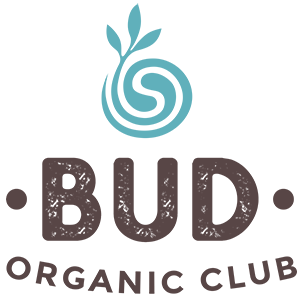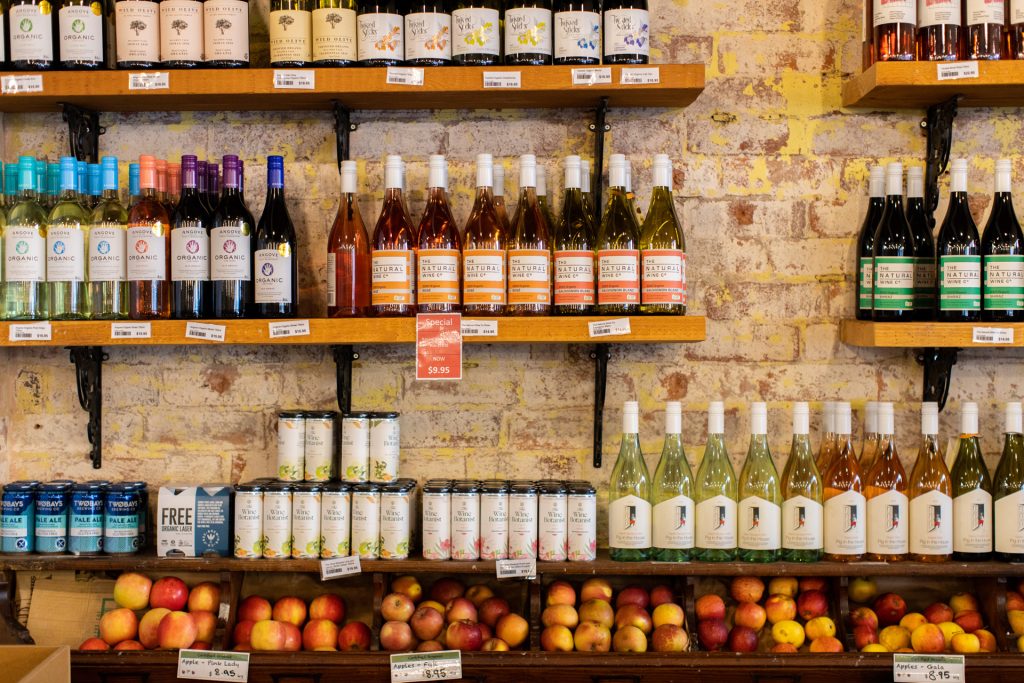Domestic regulation of the organic industry refers to the control of all brands, businesses and farmers (known collectively as ‘operators’) claiming to sell organic goods. This includes operators based in Australia (domestic) or importing goods from overseas markets to sell in Australia.
Currently, the only organic products regulated in Australia are those being sold for export. These products fall under the National Standard for Organic and Bio-Dynamic Produce. Most organic operators become certified to the National Standard as part of the process to certify their organic products. This process is currently only voluntary for domestic sales in Australia by way of certification bodies.
Australia is currently the last country in the developed world not to have a set domestic standard for the use of the term ‘organic’. This is a situation that must be corrected!
Why does Australia need domestic regulation?
There are three main consequences brought about by Australia’s lack of a domestic standard:
- Consumer Confidence – The 2021 Australian Organic Market Report found 31% of Australian consumers believed they had been previously misled by organic claims on product packaging. Products that claim to be organic when they are not (also known as ‘non-certified organics’) can make consumers more likely to mistrust organic products.
- Operator Integrity – Organic operators spend a lot of time, effort and money in obtaining organic certification to prove their products are authentically organic. Non-certified organics cause mistrust among consumers, making claims such as ‘organically grown’ or ‘organic principles’, but providing no proof of these claims. At present, certified organic operators have no choice but to compete with non-certified organics, as there is no domestic regulation to hold these businesses accountable.
- Market Access – Australian organic producers are at a disadvantage compared to other organic producers around the world. They are required to pay additional costs when exporting due to the need for multiple organic accreditations, while also experiencing increased labour costs to manage the large amounts of paperwork for international certification. Domestic regulation would enable Australian organic operators to have better market access and therefore be able to export more products into international markets.
How does this impact me as a consumer?
As a consumer, you deserve to trust that the organic product you are buying is legitimately organic. Currently in Australia, without domestic regulation, this cannot be guaranteed.
Unfortunately, there are still products on our shelves that claim to be organic but are not certified and are therefore not being held accountable for the organic claims on their packaging. These products make consumers raise questions around the authenticity of not just organic products but of the entire organic industry, and consumer confidence around organics is therefore shaken.
Introducing domestic regulation will help to close these gaps and increase overall consumer confidence in the organic industry.
How can I make sure what I’m buying is actually organic?
Currently, the only way to be sure that your organic purchases are authentically organic is to check for a certification logo – such as the Australian Certified Organic Bud logo, the most prominent certification mark in Australia (recognised by 62% of Aussie shoppers).
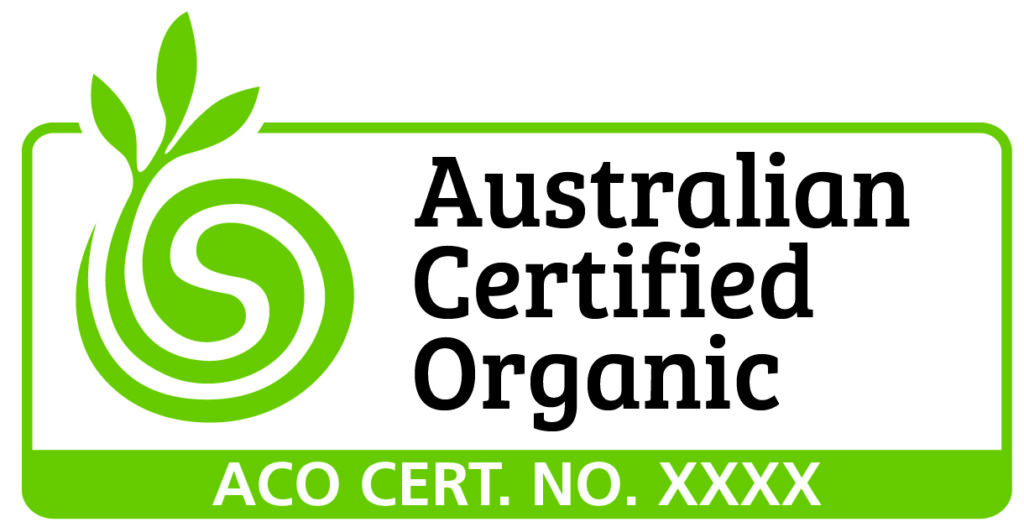
If there is no certification mark on the packaging, refer to the ingredients list and look for ingredients labelled ‘certified organic’. Look at the percentages of these ingredients to verify what percentage of the product is actually organic. If the percentage of organic ingredients is low, you may wish to take your concerns further.
If you are ever unsure, it is good practice to contact the brand or business and ask them for more information. They may have used imported products and it may be worth asking where these ingredients or products are from. If the business does not provide a satisfactory response you may wish to make a complaint to the Australian Competition and Consumer Commission (ACCC) that the organic product you purchased is not organic. While there is no legal requirement for organic certification for a product to be described as ‘organic’ in Australia, businesses are still required to be able to substantiate organic claims.
Until domestic regulation is developed to create a legal requirement for organic products sold within Australia to be certified organic, it remains difficult to prove these misleading claims.
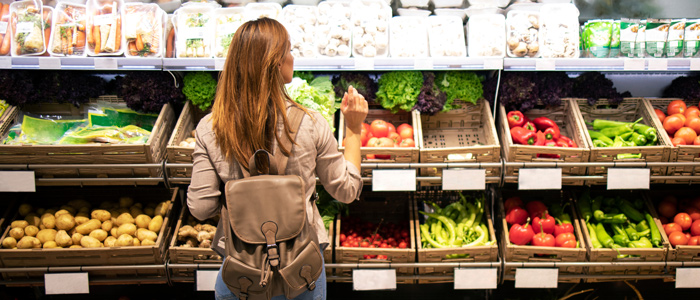
What is Australian Organic Limited doing to change this?
Since February 2019, Australian Organic Limited (AOL) has been working tirelessly with members of the government, departments and other industry groups to push for domestic regulation in Australia. This is an ongoing process that you can read about in detail here.
As part of this effort, AOL has prepared a Statement of Support highlighting our commitment to the introduction of a legislated domestic standard. The Statement gives people in the organic industry, whether they are consumers, operators or other stakeholders, the opportunity to show their support for the legislative option, without preparing their own longer submissions. If you wish to sign our Statement of Support, you can do so at this link!
Other ways you can help to make a positive change include:
- Look for an organic certification logo to ensure your organic products are authentically organic.
- Support your local certified organic producers by buying in-season fresh produce.
- Spread the word about the difference between organic and certified organic in Australia.
- Take part in webinars and surveys relating to domestic regulation to have your say and learn more.
- Join in with our annual campaigns and events such as Australian Organic Awareness Month to show your support for the organic industry in Australia.
